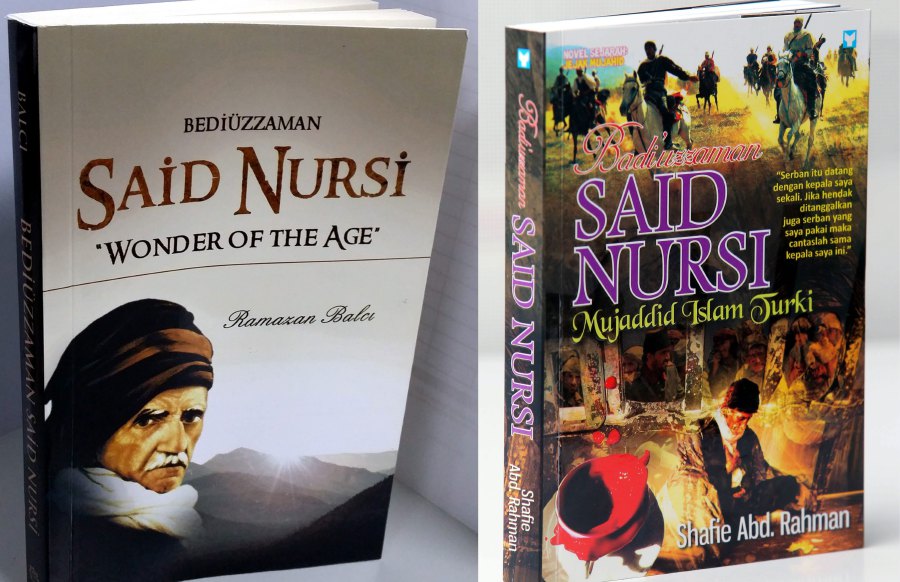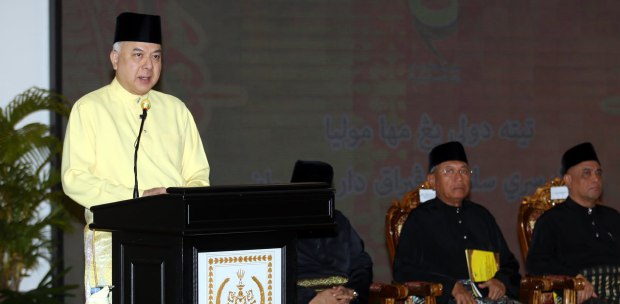IT was such a revelation to discover Muslim scholar Said Nursi's insights into cinema upon reading an article on early film culture in Turkey by Canan Balan (2016), an assistant professor at Istanbul Şehir University.
Nursi (1877-1960), an influential Kurdish Sunni Muslim theologian concerned with modern Turkish history, inspired the hugely popular Nur movement.
His ideas and philosophies on a range of subjects draw on and synergise Islamic esoterism (Sufism) and Sunni Islam.
Nursi's writings on cinema (1911-1949) explore the ways in which our profound understanding of the fitrah (nature) of the medium can deepen our connection to the divine.
Among other topics, he discusses the close affinity between cinema and time, particularly in changing human consciousness and our visual perception of time.
Nursi perceives cinema as a multi-dimensional time-travel machine able to connect simultaneously, the now and then, the here and there, and beyond.
As a Sunni Muslim scholar, Nursi suggests perceiving cinema as a source of enlightenment through which our faith in God can be reinforced and restored.
His linking cinema to the divine relates to the medium's unique ability to show and replicate the movement (motion) of the universe by virtue of its
ability to portray images in motion.
Analysing and discussing cinema allows Nursi to explain his visions of matters related to heaven, purification, transition from life to death, eternity and the universe as physical manifestations of the Creator.
For him, cinema connects to the heaven in the mind and functions as a metaphor to help us understand this connection with the divine.
That explains Nursi's coining of the phrase "the cinema of God" when referring to the art form.
Nursi's foregrounding of "movement" alludes to the films he viewed (before his incarceration in 1925) of the travelogue genre that depicted the act of travelling.
This genre laid the foundation of his interest in the relationship between metaphysics and accessible, concrete, visual journeys.
I find reference to the comments by historians about the early 19th century perception of the speed of railroad travel as "the annihilation of space and time" a useful comparison in this discussion.
The locomotive engine made time spent in travelling so much shorter that it felt as if space itself had been diminished, a phenomenological experience equivalent to visiting the cinema.
The silent films referred to by Nursi downplay the narrative content, but accentuate certain aspects of visual spectacle,
like surprising and illusory elements.
Nursi tends not to have any favourite films; instead, he seems most interested in film as a medium.
More significantly, Nursi's discussion also presents the idea of cinema as the gateway to the unknown by comparing it to mental processes such as dreaming, fantasising, being in a trance, and being unconscious or subconcious.
This perspective seems advanced for its time and precedes the psychoanalytically-based film theories that emerged
within Anglo-European film studies.
In addition, the similarity between cinema and mental processes recalls Harvard psychologist, Hugo Munsterberg's argument in his 1916 book, The Photoplay: A Psychological Study.
According to Nursi, verbal signifiers that conjure up visual representations in the human mind are similar to the ways the cinematic apparatus operates.
Here, he is interested in the ability of the cinema to connect moving images to the human mind and liberate us from the space-time continuum.
Nursi's ideas imply the potential cinema has to become spiritual, a similar approach adopted by prominent French film critic, Andre Bazin (who was a devout Catholic), when he argued what makes cinema art lies within the aesthetics of realism.
For Bazin, the simple function and ability of the movie camera to capture the universe attests to the miracle of God's creation.
Nursi's writings on the cinema warrant further assessment and contextualisation within the field of film theory (and history), which has, to date, been very Anglo-Eurocentric.
In addition, his discourse provides us with a new means of understanding cinema in relation to Islam, moving away from certain preoccupations, particularly in Malaysia, that tend to narrowly promote cinema as a medium for proselytising Islam (dakwah) or a superficial form of generic label or brand identity (as in "Islamic film").
Ironically, for Nursi, notwithstanding the stigma associated with all forms of culture as decadent, cinema is indeed a medium through which it is possible to pursue enlightenment and envision transcendence.
The writer is a senior lecturer at the College of Creative Arts, Universiti Teknologi Mara





